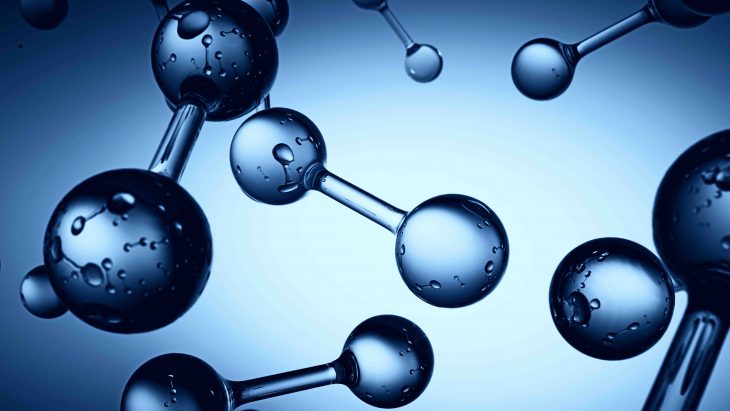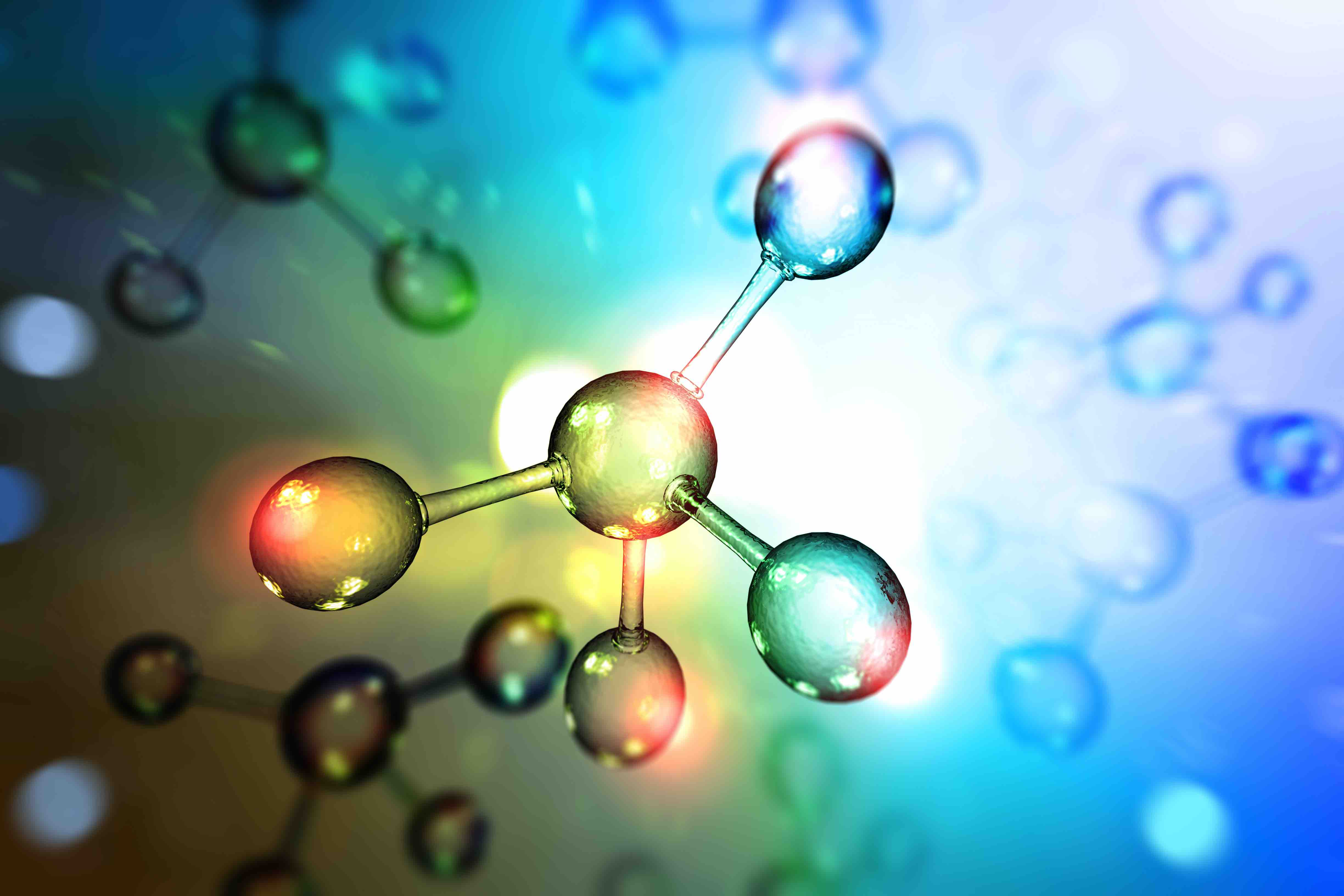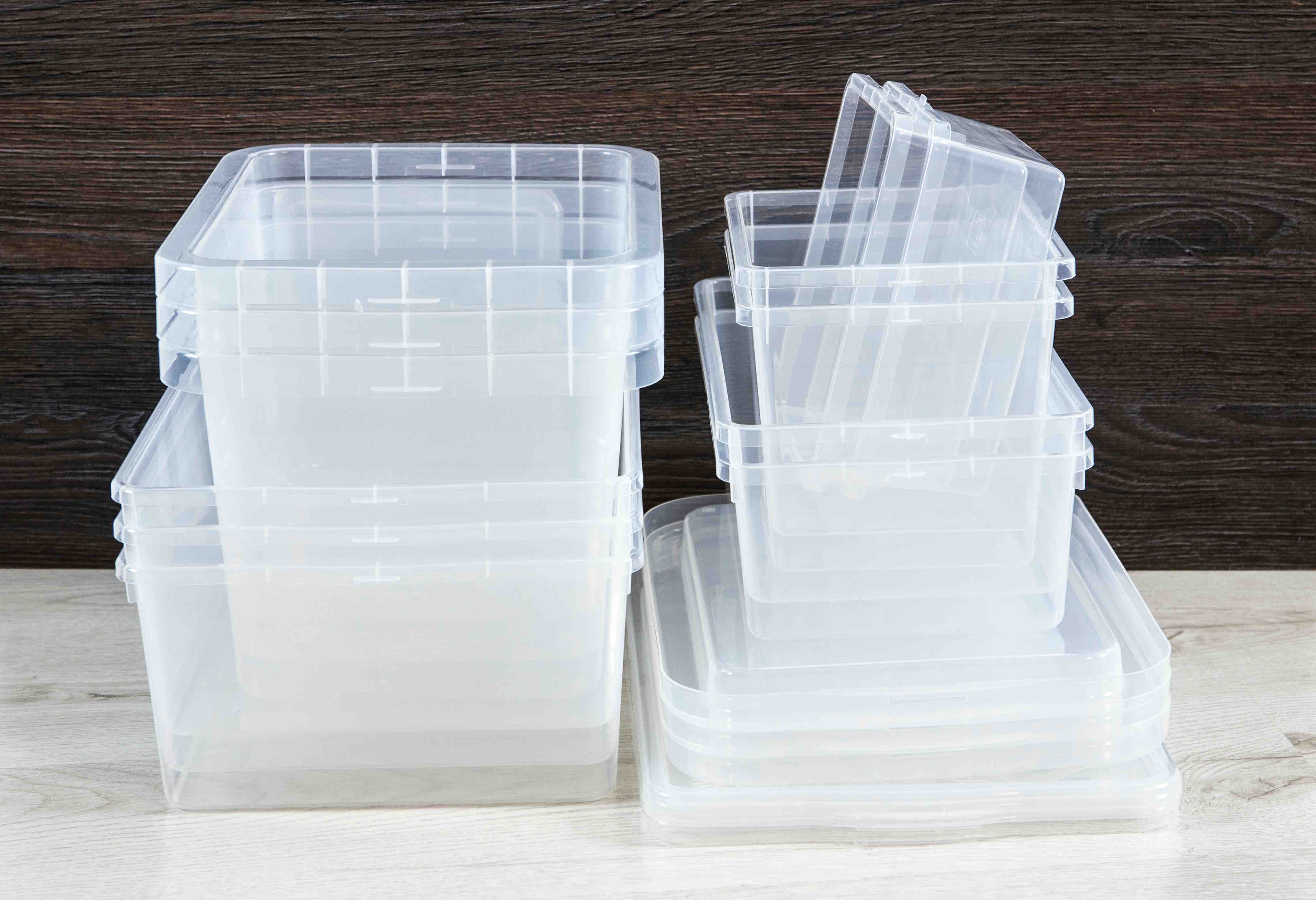
Compounds are fundamental components of matter that play a crucial role in our everyday lives. These combinations of elements create the vast array of substances we encounter, from the water we drink to the air we breathe. In this article, we will dive into 15 intriguing facts about compounds, shedding light on their properties, importance, and impact on the world around us.
Definition of a Compound
A compound is a substance composed of two or more different elements chemically bonded together. These elements combine in specific ratios to form unique compounds with distinct properties.
Wide Range of Compounds
There is an astonishing variety of compounds in existence. From simple compounds like water (H2O) and salt (NaCl) to complex compounds found in pharmaceuticals, plastics, and natural substances, compounds make up the diverse world we live in.
Chemical Bonding
Chemical bonding is the process by which elements come together to form compounds. The two primary types of chemical bonding are ionic bonding, which involves the transfer of electrons, and covalent bonding, which involves the sharing of electrons.

Importance of Compounds in Nature
Compounds are essential for life as we know it. Organic compounds, which contain carbon, hydrogen, and often oxygen, nitrogen, or other elements, form the basis of all living organisms. These compounds include carbohydrates, proteins, lipids, and nucleic acids.
Synthetic Compounds
Not all compounds are naturally occurring. Synthetic compounds are artificially created through chemical reactions and have a wide range of applications. Examples include synthetic fibers, pharmaceutical drugs, and industrial chemicals.
Water: The Universal Solvent
Water is an extraordinary compound with many unique properties. It is known as the universal solvent because it has the ability to dissolve a wide variety of substances, making it essential for biological processes and everyday activities.
Carbon Dioxide and Global Warming
Carbon dioxide (CO2) is a compound that plays a significant role in climate change. Excessive release of CO2 into the atmosphere, primarily from human activities like burning fossil fuels, contributes to the greenhouse effect and global warming.

Chemical Reactions and Compounds
Chemical reactions involve the breaking and forming of chemical bonds between atoms, leading to the creation of new compounds. These reactions are responsible for the transformations we observe in the natural world and in laboratory settings.
Chemical Formulas
Chemical formulas represent compounds and provide information about their composition. They use symbols of elements and subscripts to indicate the number of atoms of each element in a compound. For example, H2O represents water, with two hydrogen atoms and one oxygen atom.
Properties of Compounds
Compounds exhibit unique properties distinct from their constituent elements. These properties can include melting and boiling points, solubility, reactivity, and color, among others. The combination of elements in a compound determines its specific properties.
Ionic vs. Covalent Compounds
Ionic compounds typically have high melting and boiling points and conduct electricity when dissolved in water. Covalent compounds, on the other hand, tend to have lower melting and boiling points and do not conduct electricity in their pure form.
Compounds and Everyday Products
Compounds are present in numerous everyday products. From the soap we use for hygiene to the plastic containers we store food in, compounds play a vital role in meeting our daily needs.

Crystal Structures
Some compounds exhibit orderly arrangements of atoms called crystal structures. These structures contribute to the formation of crystals, which can have striking shapes and are often used in jewelry and decorative items.
Chemical Stability
Compounds differ in their stability. Some compounds are highly stable and do not readily undergo chemical reactions, while others are more reactive and may readily react with other substances.
Compound Analysis
Scientists employ various techniques to analyze compounds and determine their composition and structure. Techniques such as spectroscopy, chromatography, and X-ray crystallography provide valuable insights into the properties and behavior of compounds.
Final Thoughts
Understanding the fascinating world of compounds helps us appreciate the complexity and diversity of matter. These fundamental entities shape our surroundings and have far-reaching implications in numerous fields, from science to everyday life.
Frequently Asked Questions
What are some common examples of compounds?
Some common examples of compounds include water (H2O), salt (NaCl), carbon dioxide (CO2), glucose (C6H12O6), and methane (CH4).
How are compounds different from elements?
Compounds are composed of two or more different elements chemically bonded together, while elements are substances that consist of only one type of atom.
Can compounds be separated into their constituent elements?
Yes, compounds can be separated into their constituent elements through chemical reactions. This process is known as decomposition.
What is the significance of compounds in industries?
Compounds play a crucial role in various industries, including pharmaceuticals, manufacturing, agriculture, and technology. They are used to create medicines, plastics, fertilizers, and electronic devices, among many other applications.
Are all compounds safe for consumption or use?
Not all compounds are safe for consumption or use. Some compounds may be toxic, hazardous, or have specific restrictions on their usage. It is important to follow proper safety guidelines and regulations when handling compounds.
Was this page helpful?
Our commitment to delivering trustworthy and engaging content is at the heart of what we do. Each fact on our site is contributed by real users like you, bringing a wealth of diverse insights and information. To ensure the highest standards of accuracy and reliability, our dedicated editors meticulously review each submission. This process guarantees that the facts we share are not only fascinating but also credible. Trust in our commitment to quality and authenticity as you explore and learn with us.
